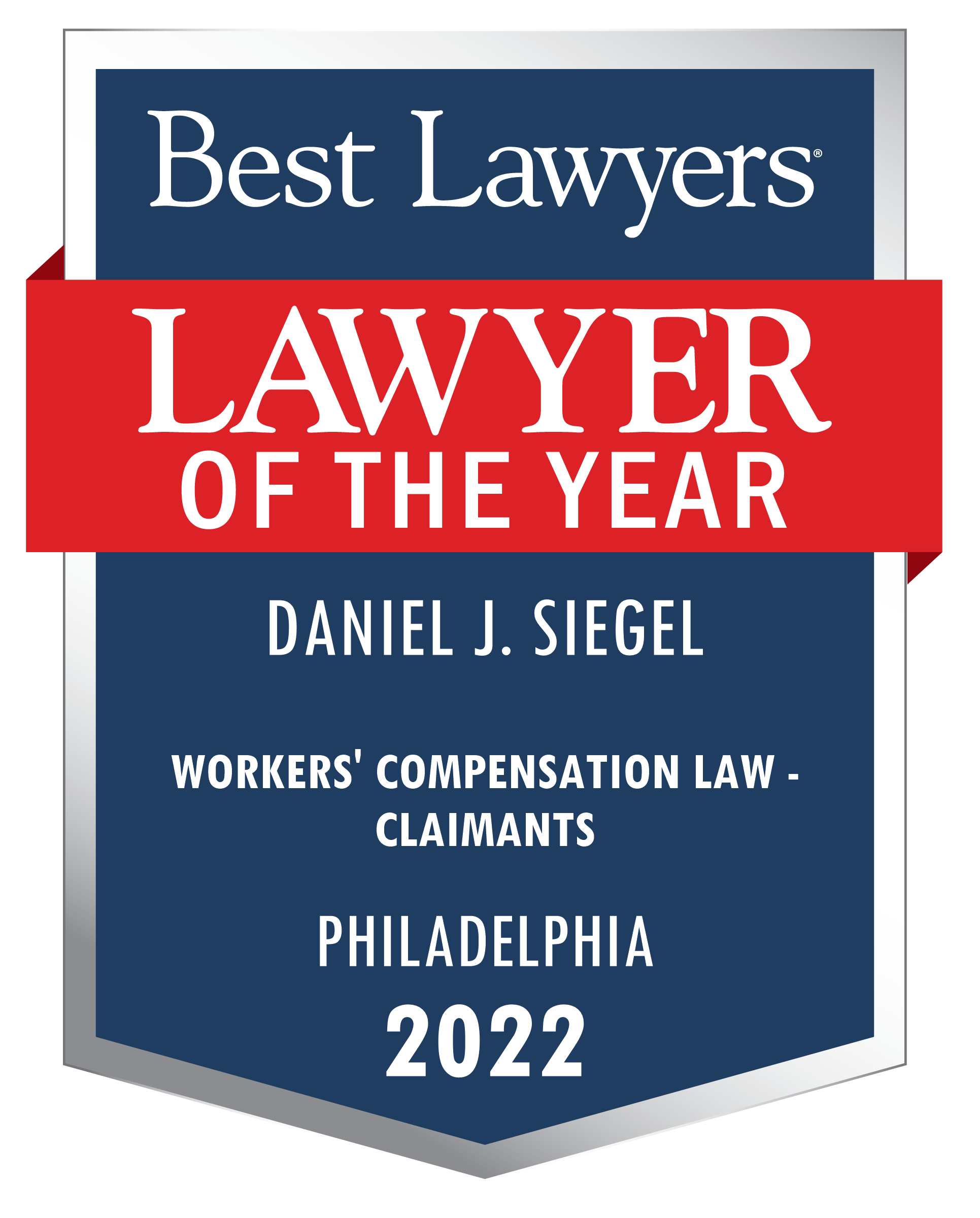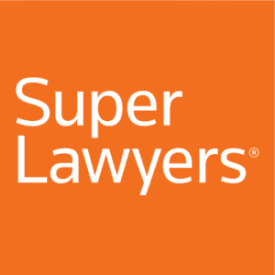Where Is the Legal Profession Heading?
As 2008 comes to a close, I have mixed thoughts about the state of the profession. In many ways, practicing law has become a greater challenge — with issues of civility and professionalism making the difference.
When I began practicing, lawyers were still under the illusion that law was a profession, not a business. Clearly, it is both. After running my own law firm for more than 3 years and working with attorneys as a technology consultant for the same period, I have seen the transformation of the profession.
Civility and professionalism are still hallmarks of being an attorney, and while we all can disagree, most attorneys (and judges) do so without rancor or personal attacks. I know I am a zealous advocate for my clients, but I’m most proud that Jeff Zeitz, Esquire and I were complimented by the President Judge of the Commonwealth Court earlier this year (before we argued a workers’ compensation case en banc) because we shook hands prior to the argument. To me, it was a courtesy to a colleague, albeit an adversary, whom I respect, despite the fact that we were on opposite sides of a legal issue.
That courtesy is not always present. Most recently, an attorney with a mid-size firm took umbrage with the fact that we opposed his Petition to Withdraw as Counsel. In fact, my opposition was based upon my client’s wishes. The attorney felt that we should not have opposed his petition. So what did he do? He called me and immediately launched into a tirade, using the “f” word frequently, and characterizing anything I said as “bull….” This went on for a few minutes and, when I asked him to stop using profanity, this lawyer refused, telling me he would talk to me any way he wanted. I terminated the conversation. I then discussed this incident (anonymously) with multiple colleagues, and the consensus was that I should contact his firm’s managing partner, and I did (the first time I had ever done this in my career). Did the managing partner acknowledge my letter? No. Instead, the offending attorney sent me a fax characterizing my client’s opposition to his petition as frivolous and accusing me of unethical conduct. Of course, he did not apologize for his foul language.
Similarly, in another case in federal court, two attorneys from a prominent large firm in Philadelphia filed pleadings that were rife with comments that were completely baseless. They also wrote the judge and informed him that they had conducted a search of Philadelphia Family Court dockets online to verify some of their statements. The only problem was that Philadelphia Family Court dockets are not and have never been available online – the lawyers cared not a whit that their letter was clearly less than truthful, and never rescinded their comments. But, of course, their large firm prides itself on its “ethics,” and even has an “ethics counsel.”
Finally, as a consultant, I was asked to provide Concordance software training to a young lawyer at a small personal injury firm in Center City. I provided two sessions, and the attorney thanked me profusely for the training. Unfortunately, her firm has ignored my bills for services (since the spring), despite issuing press releases trumpeting their enormous verdicts and settlements; their website even says that they have the “resources to take on even the largest companies.” Apparently, they acquire their resources by electing not to pay small businesses who provide services designed to enhance their skills and bottom line.
It’s unfortunate that there seem to be more “bad apples” in our profession, who would rather fight than resolve issues amicably. Courts and bar associations have long emphasized the need for civility and professionalism. Let’s hope that 2009 shows an increase in civility and professionalism and that the rotten apples choose another profession — perhaps they might run for office in Illinois.







